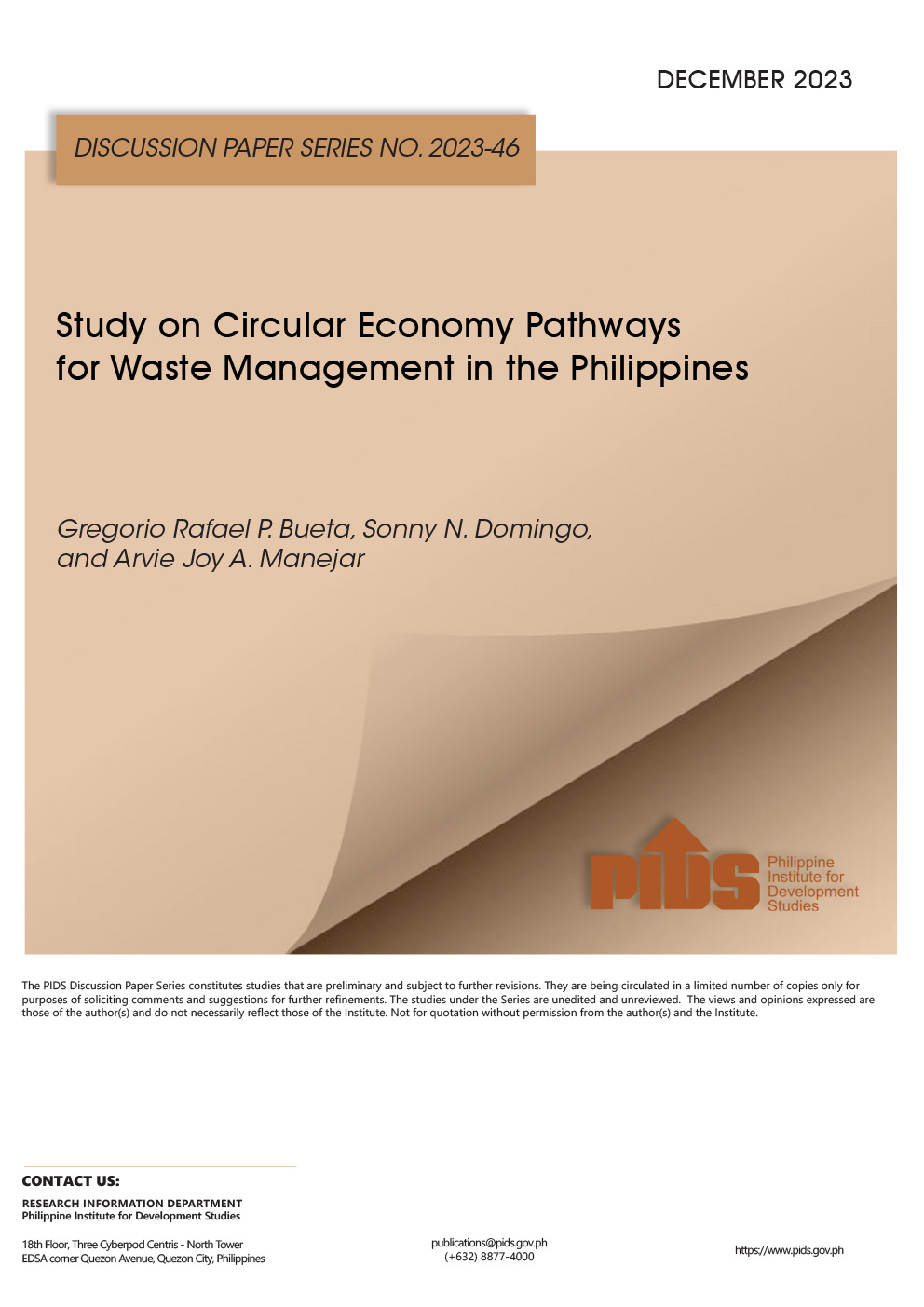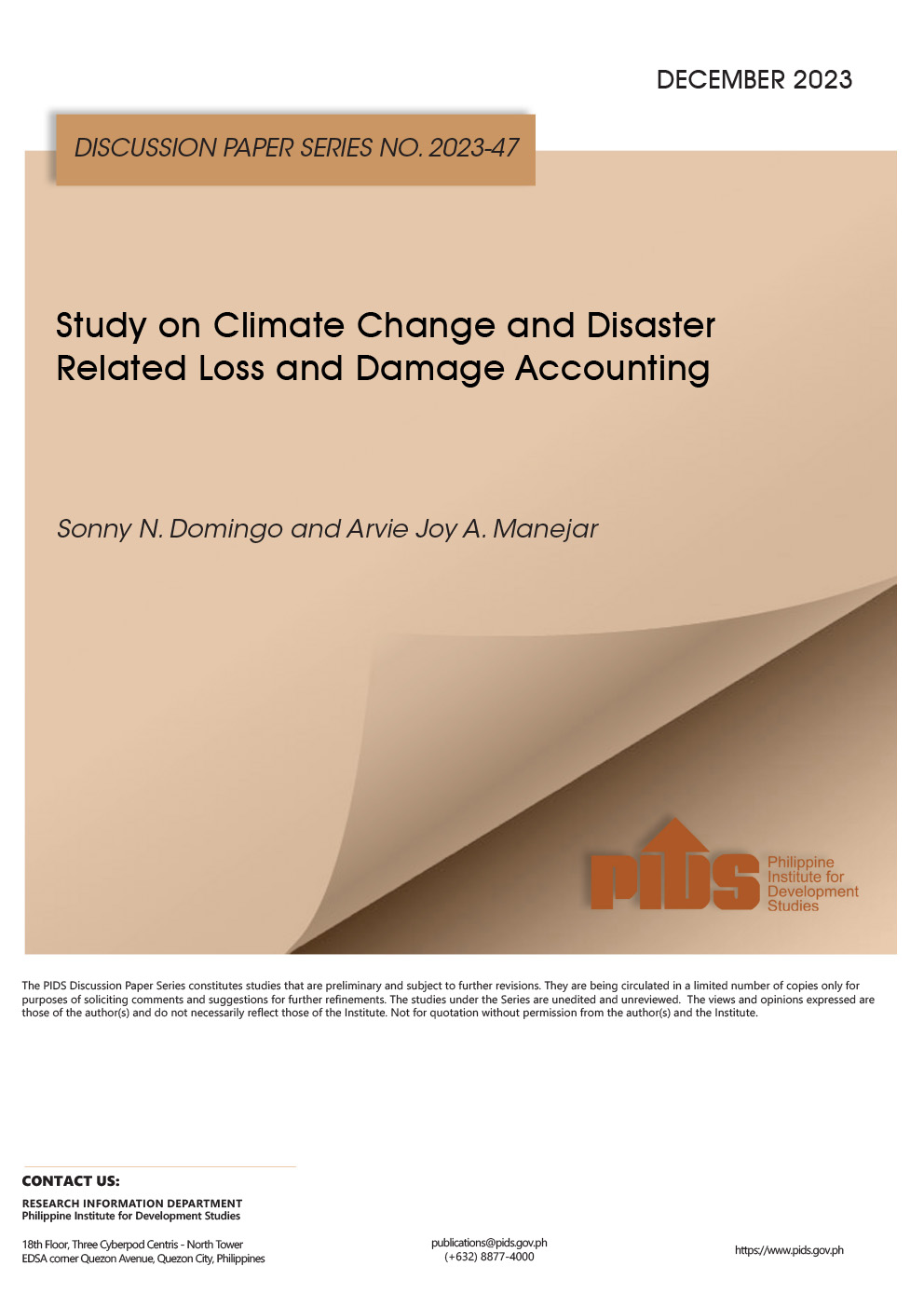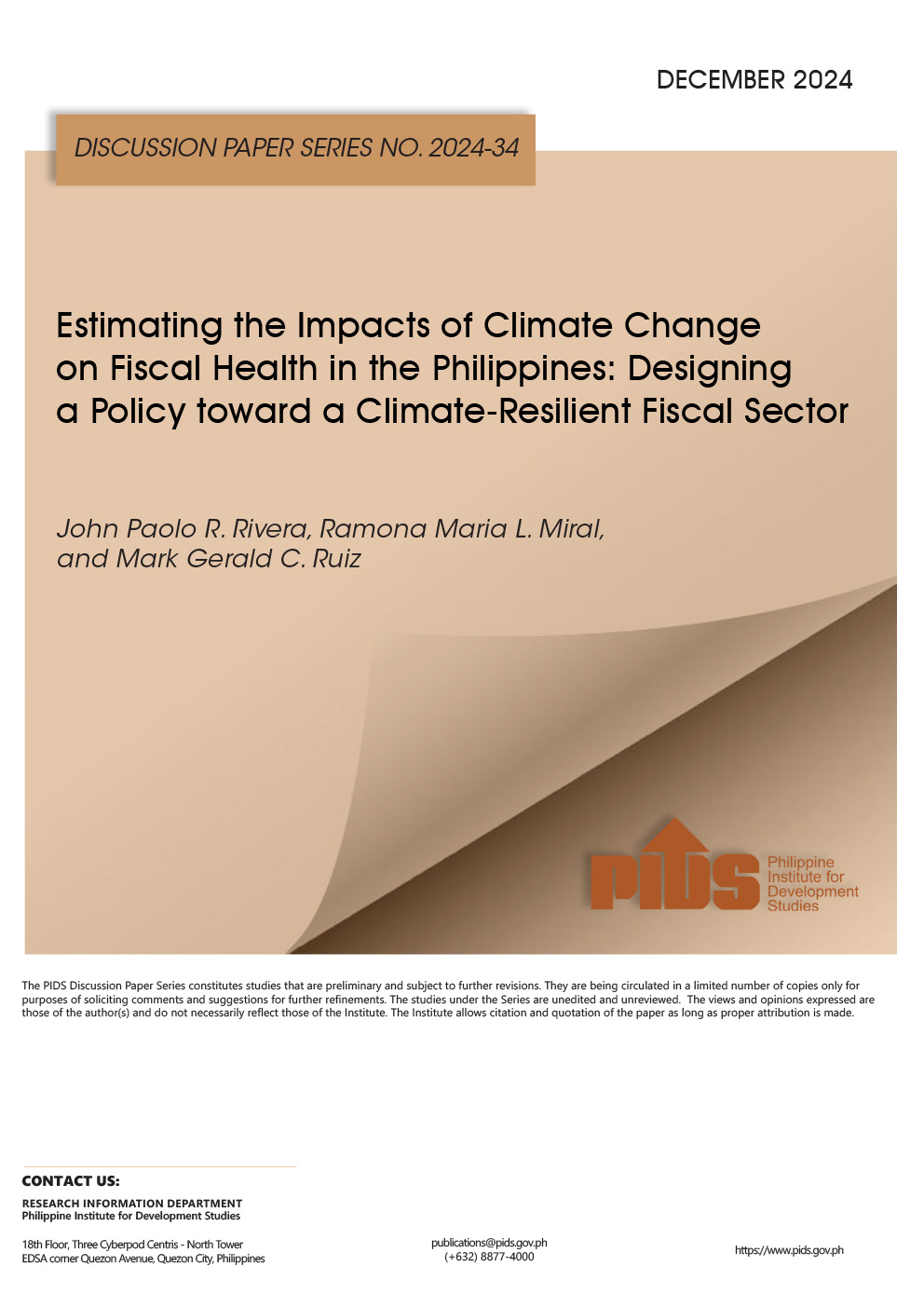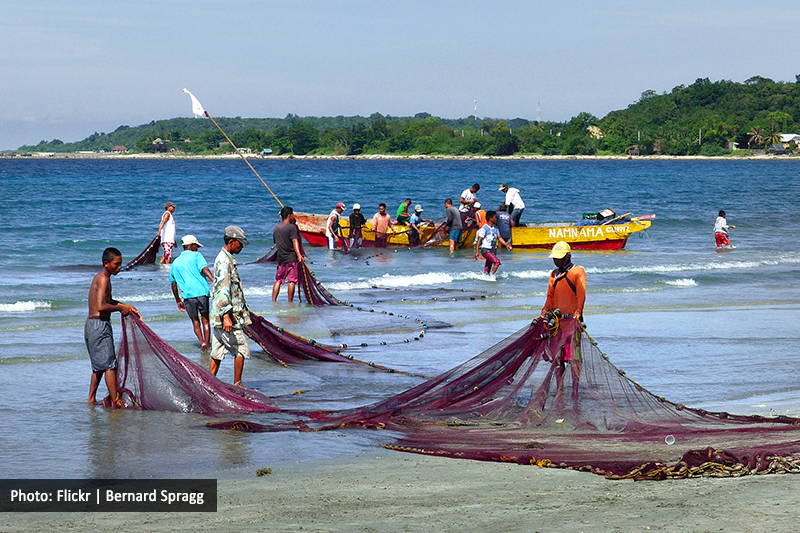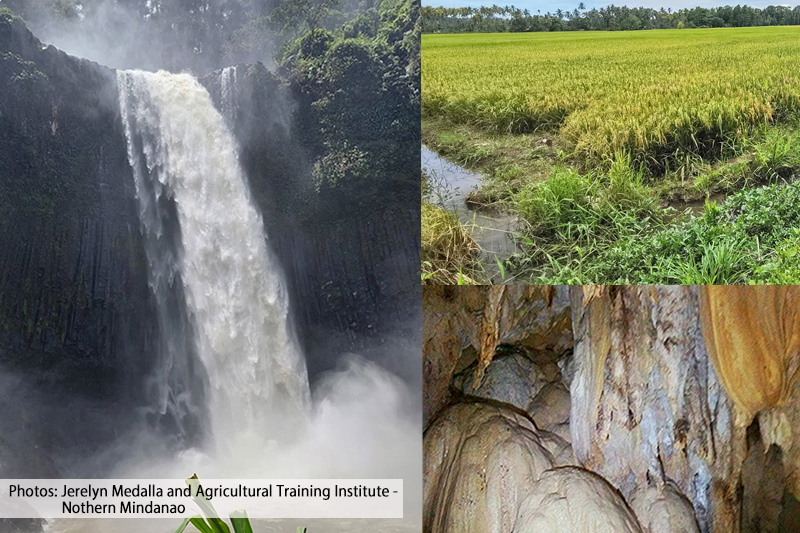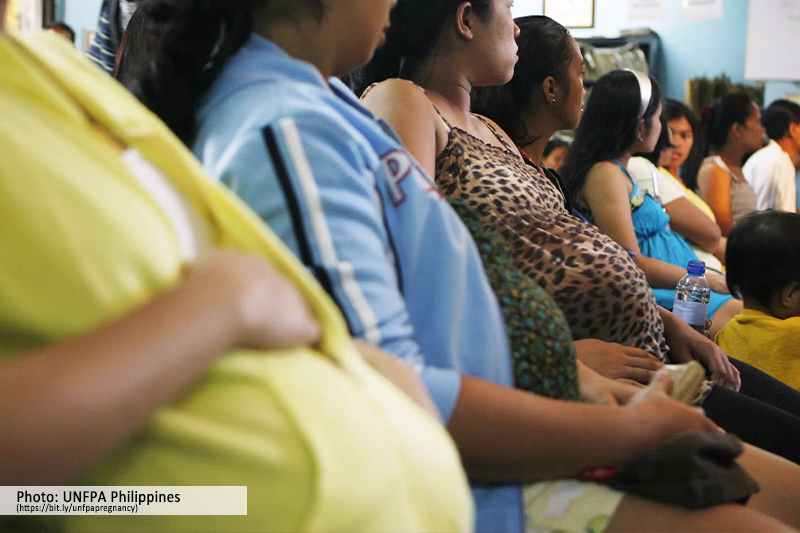DID YOU know that the body of water between the islands of Negros and Cebu is the country’s largest marine-protected area? It is called the Tañon Strait which connects to the Visayan Sea.
Sadly, a study by state think tank Philippine Institute for Development Studies found out that plastic pollution – specifically microplastic occurrence – in Tañon Strait is relatively high.
Microplastics and chemicals in them such as polybrominated diphenyl ethers (PBDEs) may be assimilated by fish. PBDEs, which are used as flame retardant chemicals in foam and plastic products including electronics, are known endocrine disruptors with studies in animals indicating that these chemicals can disrupt thyroid hormone balance and lead to reduced learning capacity, hyperactive behavior and other neurological and developmental problems.
And we know generally that if someone eats a fish, they risk eating any pollution that may be in the fish. Scary. This situation calls for proper waste disposal to mitigate the problem of plastic pollution.
Microplastic abundance in the water of Tañon Strait ranged from 0 to 1.5 items per liter, while its abundance in the sediments ranged from 0 to 39.72 items per kilogram dry weight. Based on similar studies, these results were higher than bodies of water found in other countries such as China!
In terms of plastic type, the water tests found that the most abundant was polyethylene, while polyamide was abundant in the sediments. Polyethylene may come from single-use bags, films for food, or sachet packaging, often used in the country. Polyamides, on the other hand, are mostly from automotive and electronic products.
Moreover, the study’s results suggested that the pollutants were generated from single-use plastic items and plastics largely used in the packaging industry.
So what can we do?
Policies to reduce single-use packaging, particularly polyethylene-based plastics, should be pursued. However, banning single-use plastics may not be economically sound considering Filipinos’ preference for sachets over bottled products due to economic constraints.
So how about providing economic incentives to manufacturers that use substitutes for these plastic materials?
Another suggestion is the prohibition of discarding nets in seas, which is notoriously a common practice in the Philippines.
Oh yes, let’s try recycling, and more important is proper waste disposal.
Related Posts
Publications
Press Releases
Video Highlights
[No related items]
Infographics
[No related items]

